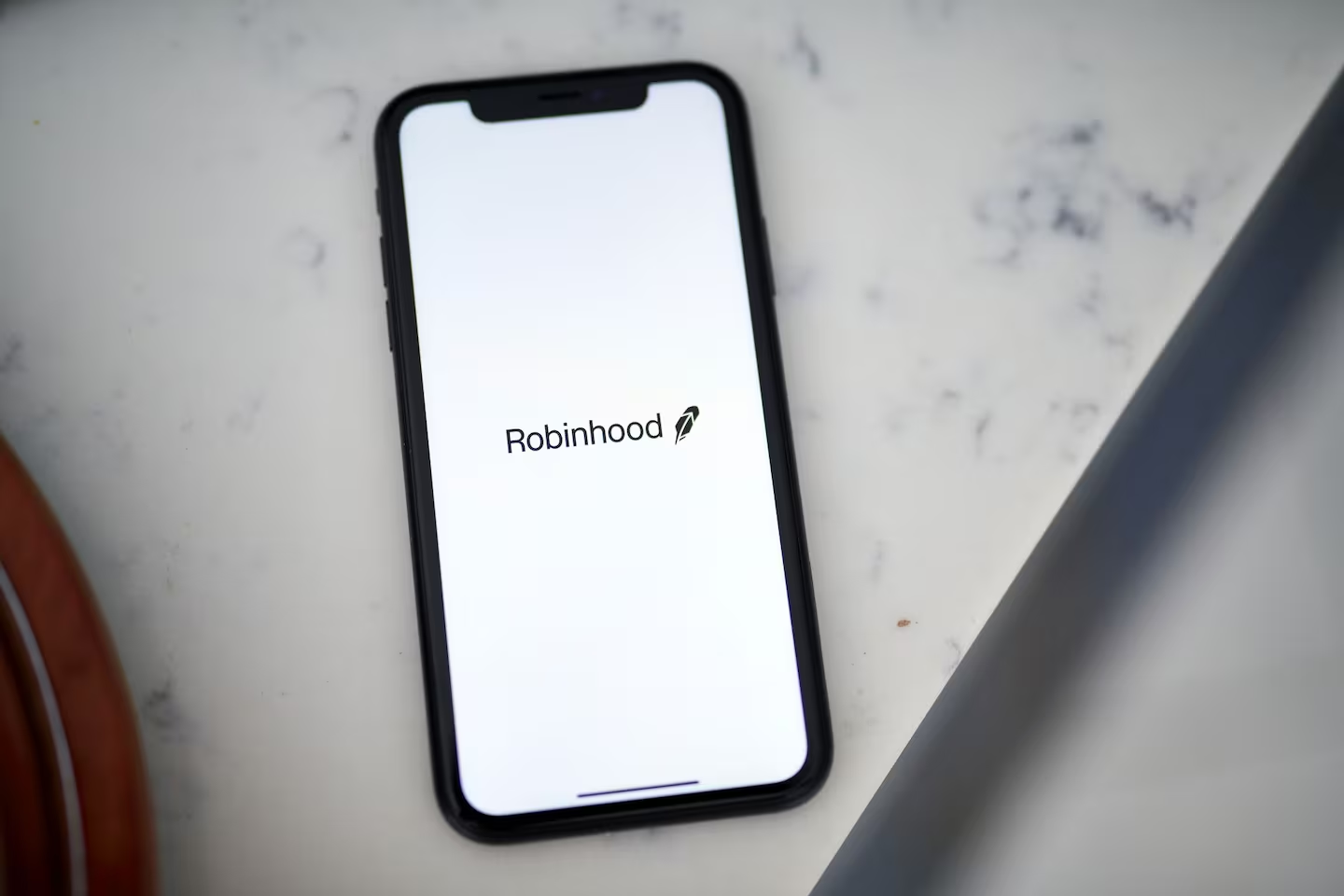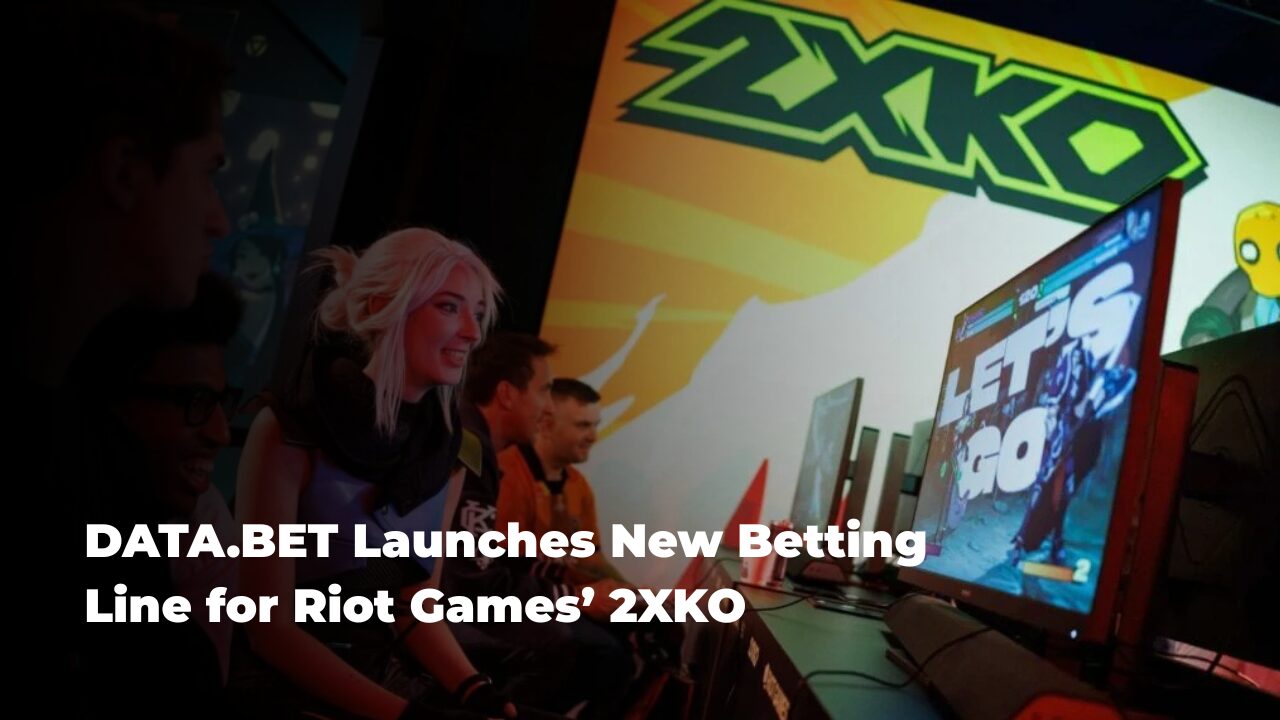Robinhood has launched a lawsuit in Massachusetts federal court in an attempt to stop state officials from applying gambling laws to event-contract trading on its platform. This case targets Attorney General Andrea Joy Campbell and the Massachusetts Gaming Commission, seeking both declaratory and injunctive relief.
The company argues that federal law grants exclusive oversight to the Commodity Futures Trading Commission (CFTC), leaving no room for state-level regulation in this area.
Federal Oversight Versus State Authority
Robinhood explained that it facilitates customer access to event contracts, including those tied to sports outcomes, through trades executed on KalshiEx LLC. Kalshi is a federally regulated exchange overseen by the CFTC, and Robinhood is registered as a futures commission merchant with the agency. The company insists that this arrangement subjects it to comprehensive federal oversight, making state regulation unnecessary and unlawful.
Massachusetts, however, has already moved against Kalshi, accusing the exchange of offering unlicensed sports wagering. In its complaint, the state specifically pointed to Robinhood as a channel through which such contracts were made accessible. According to that filing, approximately one billion dollars in Kalshi wagers were traded through Robinhood during the second quarter of the year, generating around ten million dollars in revenue for Kalshi.
Legal Battles Intensify
The lawsuit emphasizes Robinhood’s view that the Commodity Exchange Act gives the CFTC exclusive jurisdiction over futures, swaps, and event contracts on regulated exchanges. By attempting to regulate these trades, Massachusetts is accused of encroaching on an area reserved solely for federal authority.
Robinhood’s filing also highlights its concern over the potential consequences of state enforcement. Without court intervention, the company warns that it faces imminent civil or criminal penalties, reputational damage, and a potential shutdown of services for more than 31,000 Massachusetts customers. It further argues that applying for a state sports wagering licence would be impractical since the trades are already approved under federal standards.
Recent federal court rulings in New Jersey and Nevada have sided with Kalshi, granting injunctions against state enforcement. Robinhood has pursued its own legal remedies in those jurisdictions as well, suggesting the company is bracing for a broader nationwide battle over prediction markets.
Present Implications for Prediction Markets
The dispute is part of a larger clash over how prediction markets should be classified. State regulators increasingly assert that event contracts tied to sports are a form of gambling. Platforms like Robinhood and Kalshi counter that these instruments are financial derivatives that fall squarely under federal commodities law.
With multiple lawsuits underway across different states, the legal status of prediction markets remains unsettled. While recent court decisions have offered some support to platforms, the issue is far from resolved, leaving companies and customers facing significant uncertainty.

 Companies
Companies 





